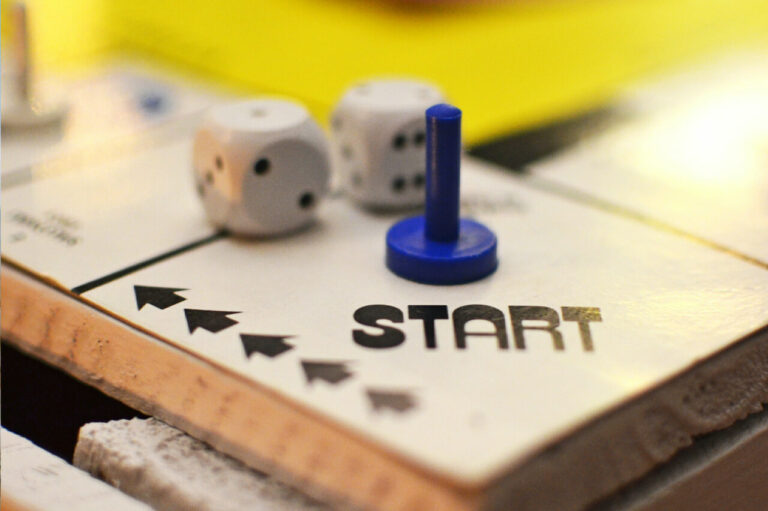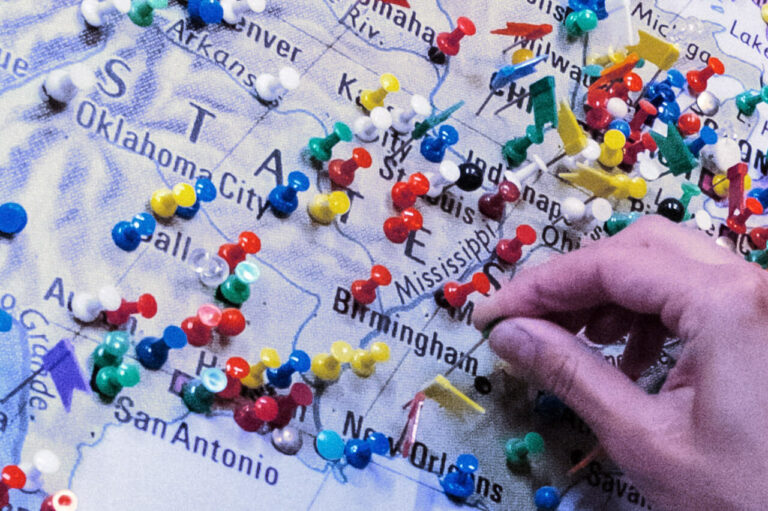Build friendships.
In good times, build a strong and caring social support network both in and out of work – real world friendships, not just online. In bad times, pick up the phone or message someone – tell them it’s all getting too much and you need someone to talk to or lean on, or maybe just a catch-up and a good gossip with someone you’ve known for years. Sometimes colleagues are the ones who really understand the specific nature of what you are dealing with. Help eachother. If you feel you cannot talk to colleagues, look for a Peer Support group for front line and healthcare workers – to find a free and confidential group that suits your needs. They are an invaluable resource to enable you to talk about the pressures of the job with people who have trodden the same path as you are on. Every Travel Nurse needs that link in their bookmarks.
Draw boundaries.
Learn to leave work behind at the end of your shift. Seriously, this is important. The nature of the job is that you are in daily contact with suffering people, you see situations that would make a stone weep. It’s your job and you are a hero for doing it, your work and your dedication is so very needed. You don’t – you can’t – carry it with you into your own life. Some people in caring professions develop little rituals, or routines to symbolically leave the stress and heartbreak behind before they walk into their home. A walk through the park, a stop-off for a snack at a nice cafe, a browse in a book or music store, a quiet 10 minutes in a local place of worship. Walk in with the stresses of the day, walk out and leave it all behind till the next shift. 10 minutes to change gear, that’s all it takes.
Get some good sleep.
This can be easier said than done. Insomnia might in fact have been an issue you’ve been dealing with for a time and has contributed to your depleted state. So that needs to be dealt with. In any case, the obvious thing to do as soon as you start suspecting that you are not coping too well, is call off all engagements and commitments and get some early nights. It may not be the whole answer but it certainly will help. If insomnia is becoming regular for you, do please address it. See your doctor. There are lots of resources online with tips and resources like audio meditations and hypnosis recordings to help you sleep better.
Fresh Air and Open Spaces.
No therapy comes close to what Nature provides. Get out of your area for an afternoon. Go for a hike somewhere lovely. As a travel nurse, it’s a great idea to look for local hiking clubs and see if you can join others on regular walking expeditions. As a bonus, you’ll get to explore the area and that’s what travel nursing is all about.
Exercise.
Yes, we know you’ve been on your feet for the past 10 hours. You need to move to release pent up anxiety and emotional distress from your body. You need a type of movement that suits you. It can be anything from a dance class to kick-boxing or a favorite team sport. Take it easy at first if you are not used to it and find a teacher or video course that chimes with you personally. And of course gentle eastern methods like yoga or t’ai chi are famous de-stressors that teach you much more than a set of exercises.
Enjoy yourself!
“Fat chance!!” I hear you reply! Nope, not listening. You absolutely must be intentional about doing things that you love, that make you laugh or access your happiness. It might art, sport, theatre, movies, books or cooking a special meal (or better still go out and have someone else cook it for you.). Even if you can’t muster the enthusiasm for more than a sofa night in front of the TV, don’t just sit there idly browsing Netflix. Make a plan, alone or with friends or family. Get some good food delivered and watch a great movie beginning to end.
Nutrition.
How are your eating habits lately? Too many takeaways? So much easier when you are too tired to shop and cook. But it’s really amazing what a boost to your fresh food intake can do very quickly. All the stores deliver now, send out. Over on our healthcare workers’ discount page there’s at least one national chain that will deliver prepared meals that you can easily put together with a minimum of fuss. Another great idea is to get some easy to make superfood shakes from the health store. Pick up a bottle of good multi-vitamins while you are at it. Good nutrition doesn’t get easier than that. Just make sure you are getting some fresh food too.
Professional Mental Health Support
If things are really getting you down and nothing seems to be lifting your mood or your energy, you should consider finding yourself a therapist or counsellor. Ask HR at your facility if there are any Mental Health services available to you. Or find someone yourself privately. Don’t neglect your mental health any more than you would your physical wellbeing. Many good therapists across the US now offer their services online via Zoom and similar platforms. This can be a great help for travel nurses as you can continue your sessions wherever you happen to be located. To reach out for help, NAMI (National Alliance on Mental Illness) is a good place to start. As well as sound advice on how to deal with emotional traumas and distress typically experienced by healthcare professionals, you will also find a resource list of several free, confidential and virtual support services available for frontline health care professionals. You can also contact the NAMI HelpLine between 10 am and 8 pm ET at 800-950-6264 to access confidential, professional support. For immediate assistance, text “SCRUBS” to 741741 at any time.









